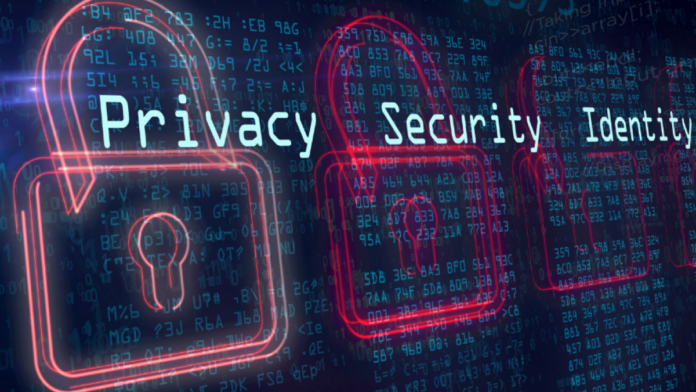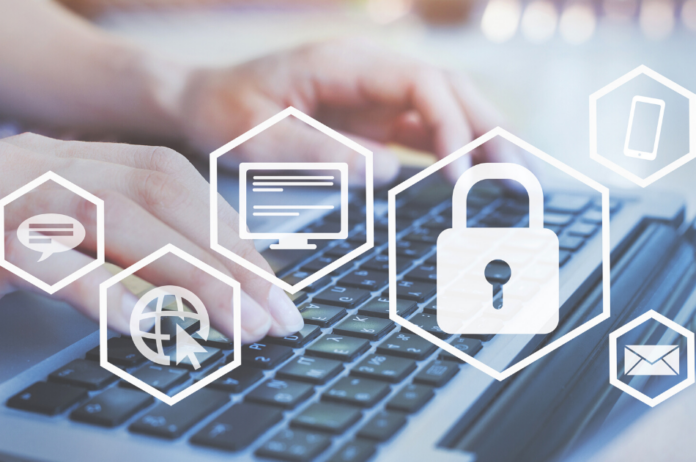Many of us understand just how important information technology and security is right now. That being said, I almost feel like even in this state, it is understated at times how critical it can be in a business sense especially. Protecting the private details of customers is paramount.
Why is that, though? Well, a huge part of it is retaining a good reputation amongst a community. Word-of-mouth marketing is a large part of growing a business, especially now with the rise of social media. So, being able to ensure that customers feel safe sharing their sensitive information over an online server is a key feature of this.
What is Information Security?
Thankfully, the definition of this term is not overly complicated. It is roughly what it sounds like based on the title – the act of and technology utilized in protecting private information that is input into a server, be it online or otherwise. What are we protecting this from?
In short, the aim is to shield data from any unauthorized users. They might seek to use what is there, disrupt it, destroy it, or modify it in some way, none of which is desirable. So, that is why we have techniques designed to prevent this, though it is not always possible. Because these unauthorized users are developing new ways to get access, we must evolve as well to stop them.
How Does it Work?

There are three pillars that we can base all of this field around (though it does get more nuanced, of course, so keep that in mind). These are confidentiality, availability, and integrity. You can learn more about each of these on a site such as Tentacle, but be sure to stay along as I will describe them as well.
Confidentiality
It is hard to say whether one of the concepts is more important than the other three, but this one is certainly up there on the proverbial totem pole. The goal with this facet of information security is to protect systems and data from being accessed in the first place. You are probably familiar with it to some extent, as things such as a pin or face identification on your phone or other pieces of technology fall under this umbrella.
Why is it so important? Well, we have to keep in mind that this is a preventative measure for the most part. If you have ever heard the phrase “prevention is the best medicine,” try to apply that idea here as well, and hopefully that makes a bit more sense!
So, the main goal is to keep your devices private and safe. That is why we institute any confidentiality policies anyway, just to keep anyone away from accessing important files or details. Do you know how much personal information is on your phone? If it is leaked somehow it can be a big problem that many people do not know how to handle.
Of course, if it is stolen or gets lost that is also an issue. That is part of why we place so much importance on this aspect of electronic safety, even if we do not think it will ever happen. There is always a chance, after all.
Availability

This part is more about ensuring that users who are authorized for a particular system are actually able to access what they need within it. So, saving and backing up data often are in this category, even if we might not think of that as a security measure. It can act as a safeguard as well, as in the case that someone who is not allowed does access sensitive data, you can destroy it before they find anything private and still have your files in backup storage.
Making sure that the correct people have the data available to them when they need it is critical in terms of businesses and organizations alike. Imagine trying to do your job if you do not have the necessary materials or information open to you. Talk about a hassle!
Integrity
For the final facet that I will discuss today, the goal is to retain the original properties of the data that is being stored. The only changes that should be allowed are from those who are meant to have access to the information. In that way, you can retain the integrity of the original files.
This is key, as you want the information that you are safeguarding to be accurate and trustworthy. This also helps to uphold your business’ reputation, as you will not be spreading anything that is inaccurate. You can learn more about that here: https://www.snhu.edu/about-us/newsroom/stem/what-is-information-security.
If it is a concern for you, be sure to provide some training on this to your employees as well. That is another potential safety net to consider. That way, you can be especially certain about it.
Why This Matters

It might seem obvious based on the details I offered you above, but I want to reinforce this concept anyway. It is hard to understate how integral keeping data safe is to any organization. Be it a large corporation, a small business, a non-profit organization…this applies to all of them. If you work in a digital space at all, it is critical to utilize these techniques to ensure you and your customers stay safe.
Though it is impossible to entirely control what our customers think of us, or how other groups or businesses feel about us, we can do our best to give a positive impression. A large part of this is ensuring that there are not security breaches. If you think about a lot of the biggest scandals that businesses have had in the past decade, a big one that brings negative attention is a breach in consumer data.
So, whether you have access to credit card information, social security numbers, or other sensitive information, you should shield it from any unauthorized access. Your consumers will thank you, along with any shareholders or anyone else involved.









